The Five Ripley Novels by Patricia Highsmith
- The Talented Mr.Ripley
- Ripley Underground
- Ripley’s Game
- The Boy Who Followed Ripley
- Ripley Under Water
When I was a teenager, I half-heartedly learned French in school. The truth is that in my insular 1960’s world, France may have existed, but it was, to my mind, some kind of theme-park where the real world didn’t happen. The non-English-speaking world rarely appeared on television and was only as 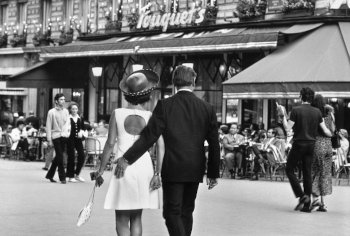 real as a novel. Then, in 1975, I went there and it exploded in my face. I’ve never gotten over it. A romantic dream come true.
real as a novel. Then, in 1975, I went there and it exploded in my face. I’ve never gotten over it. A romantic dream come true.
That’s what I like about the Ripley novel’s. Either Highsmith had the same experience with Western Europe generally or she saw into my heart; I think the former. She herself moved to the Europe of my dreamy 1960’s-70’s and lived and eventually she died there. Most importantly, her amazing psychopathic Tom Ripley had my experience. He is a wannabe European, mesmerised by acting European, gobbling up language and culture at every turn, floating effortlessly between France, Germany, West-Berlin and Italy.
This is not Scandinavian gore. Ripley is not evil; he’s just self-obsessed. He’s self-educated and many readers, I think, find him sympathetic and care what happens to him. Highsmith’s style is to record all the banale details of his day, while revealing his thoughts and doubts, letting the tension that you know is there build until something happens. When it does, he doesn’t have a plan, he just muddles through. It could be me (minus the psychopathic tendencies of course, he-he).
Of course I can now see the warts in Europe too but the truth is: I’d rather not. I quite yearn for the feelings which that early explosion of discovery afforded me and reading Ripley quite stirs them up. It’s like a bit of time-travel back to a period when we were less sophisticated and working very hard at becoming so. Vive les années 70!!
I’ve read the entire series three times now and there’ll be a fourth time in a few years.

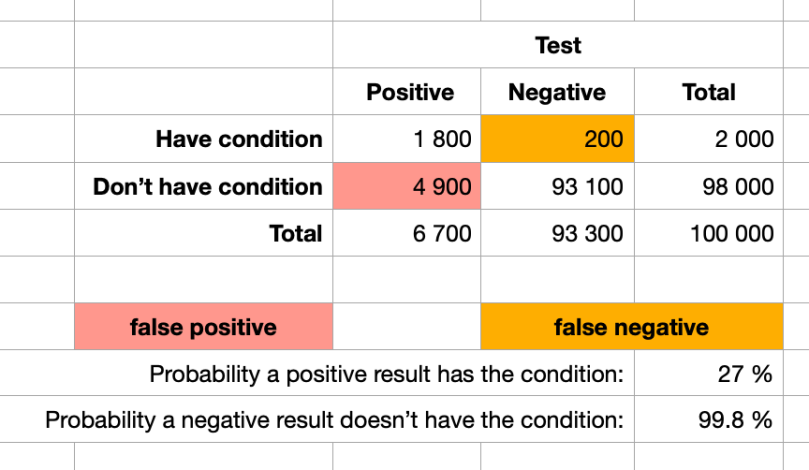
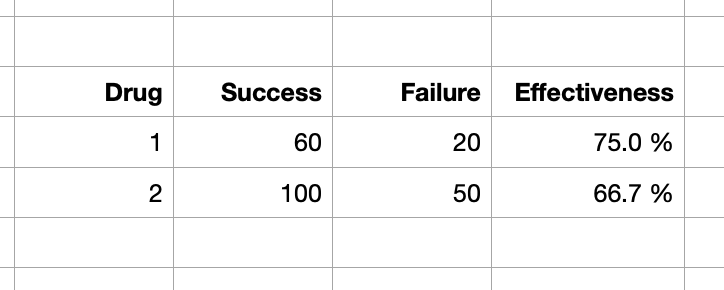
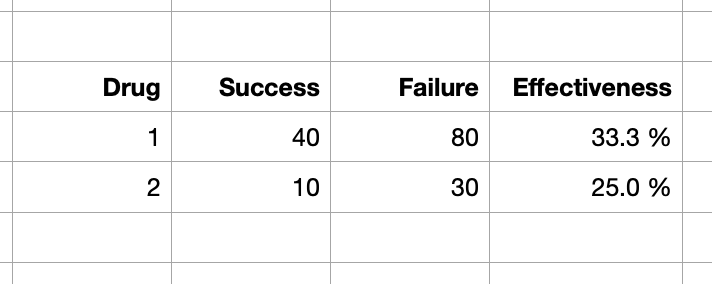
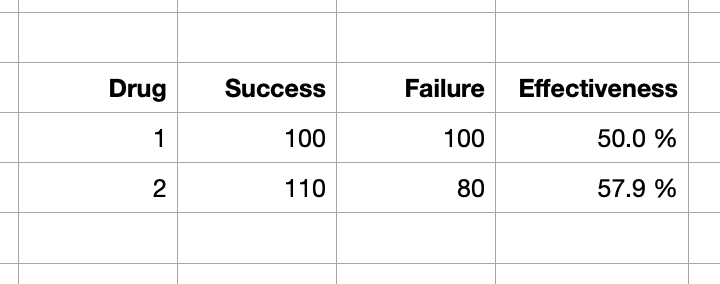
 real as a novel. Then, in 1975, I went there and it exploded in my face. I’ve never gotten over it. A romantic dream come true.
real as a novel. Then, in 1975, I went there and it exploded in my face. I’ve never gotten over it. A romantic dream come true.